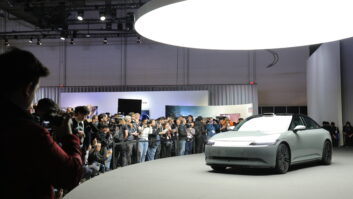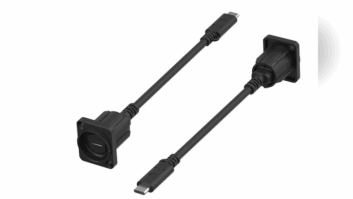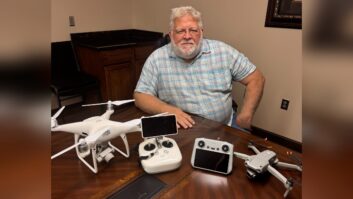LAS VEGAS � The 5G transition is going to be faster than the 4G transition, and it will create a �massive� Internet of Things, enabling new business models and making autonomous vehicles a reality, industry executives predicted during Wednesday�s 5G keynote session.
With the first release of initial 5G standards in December 2017, flagship 5G smartphones will be on store shelves in early 2019, predicted Qualcomm President Cristiano Amon. And the rollout of 5G phones will occur �very fast� because of 5G�s 30x improvement in latency, which lets phone makers keep the price of phones down by offloading phone memory to the Cloud.
The capabilities of 5G make it suitable for mission-critical applications, letting corporations move IT services to the cloud, doctors perform remote surgery, and automakers deliver autonomous vehicles that access cloud-stored high-definition street maps, share traffic and road conditions with smart-city infrastructure and other vehicles, and the like.
Artificial intelligence will be critical to autonomous vehicles and mission-critical applications because, like a human brain, it memorizes information and generalizes, said Baidu President/COO Qi Lu. AI is needed to interpret the massive amounts of data that 5G pipes deliver to make driverless cars a reality, he said.
5G can �transform industries,� added Verizon EVP Hans Vestberg. Nonetheless, 5G�s capabilities will also benefit cellphone users and enable new smartphone use cases, said Qualcomm�s Amon. Over a phone, social networks will deliver �social presence� with real-time interaction among users, and banks will be able to transform their consumer apps to let consumers execute more types of banking transactions over the phone instead of going to a bank branch, Amon added.
For its initial 5G rollout, Verizon will turn on commercial wireless-broadband service to homes in three to five markets late this year, Vestberg said.
A version of this article was originally posted on TWICE.
�







